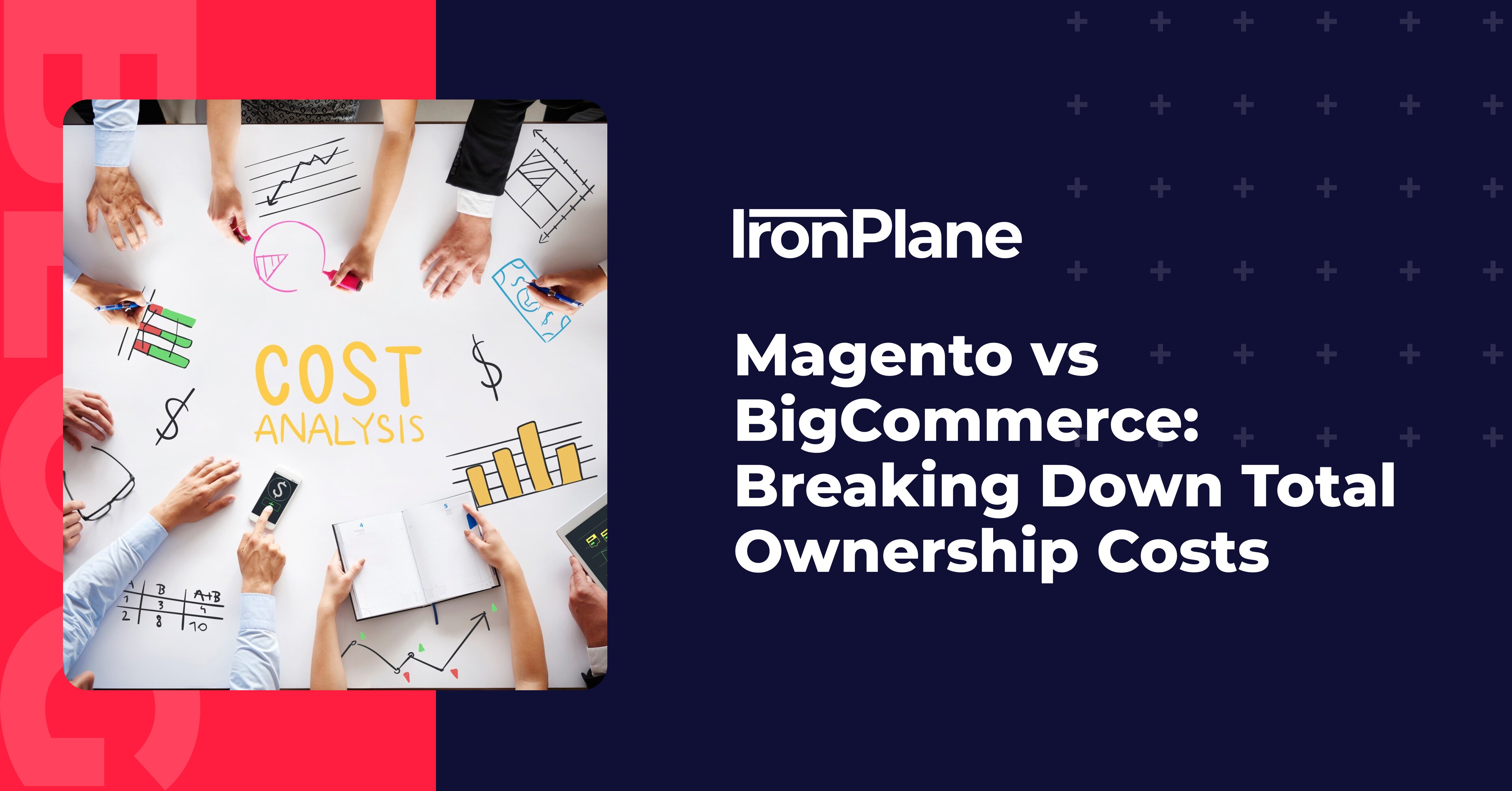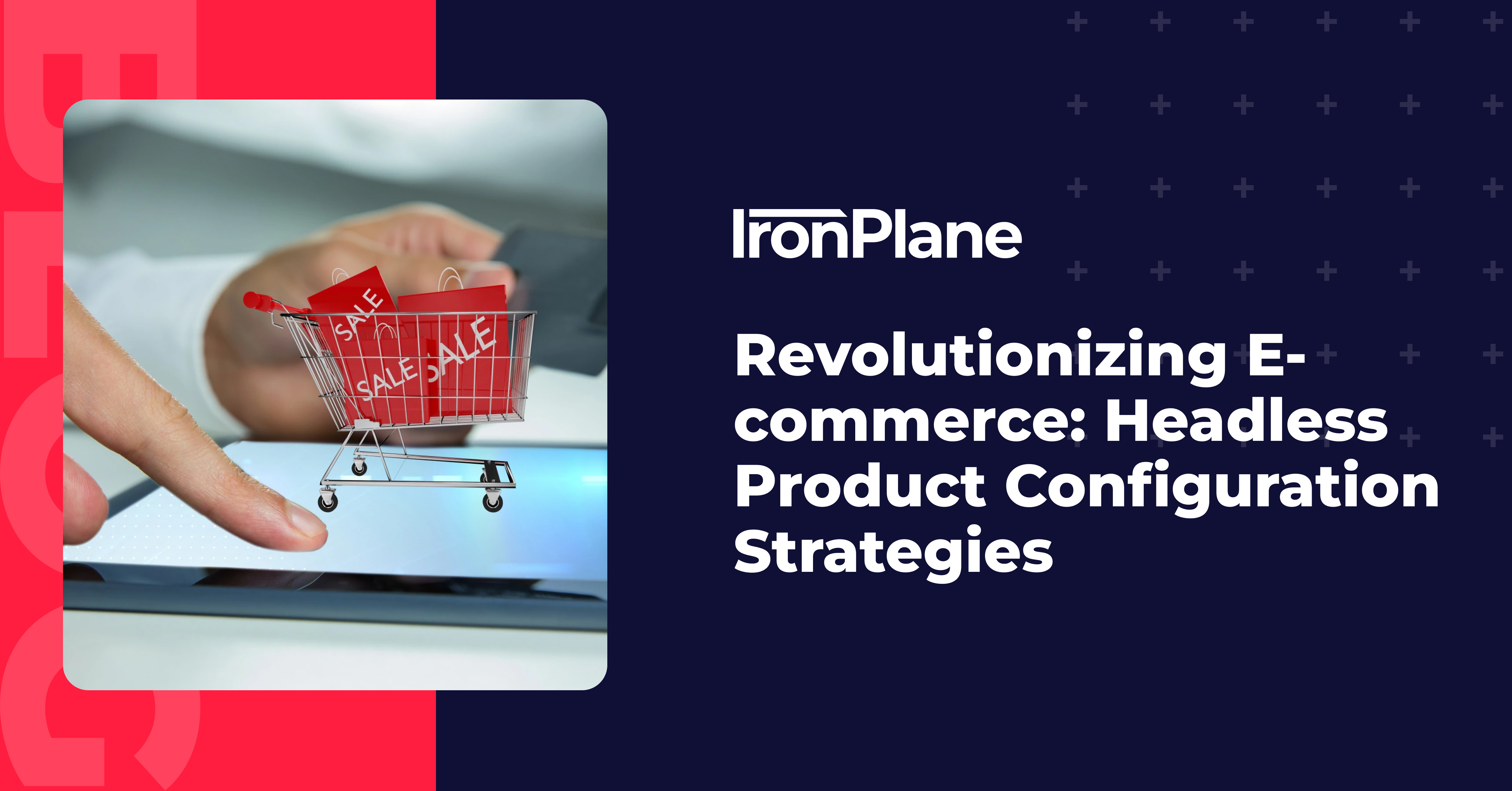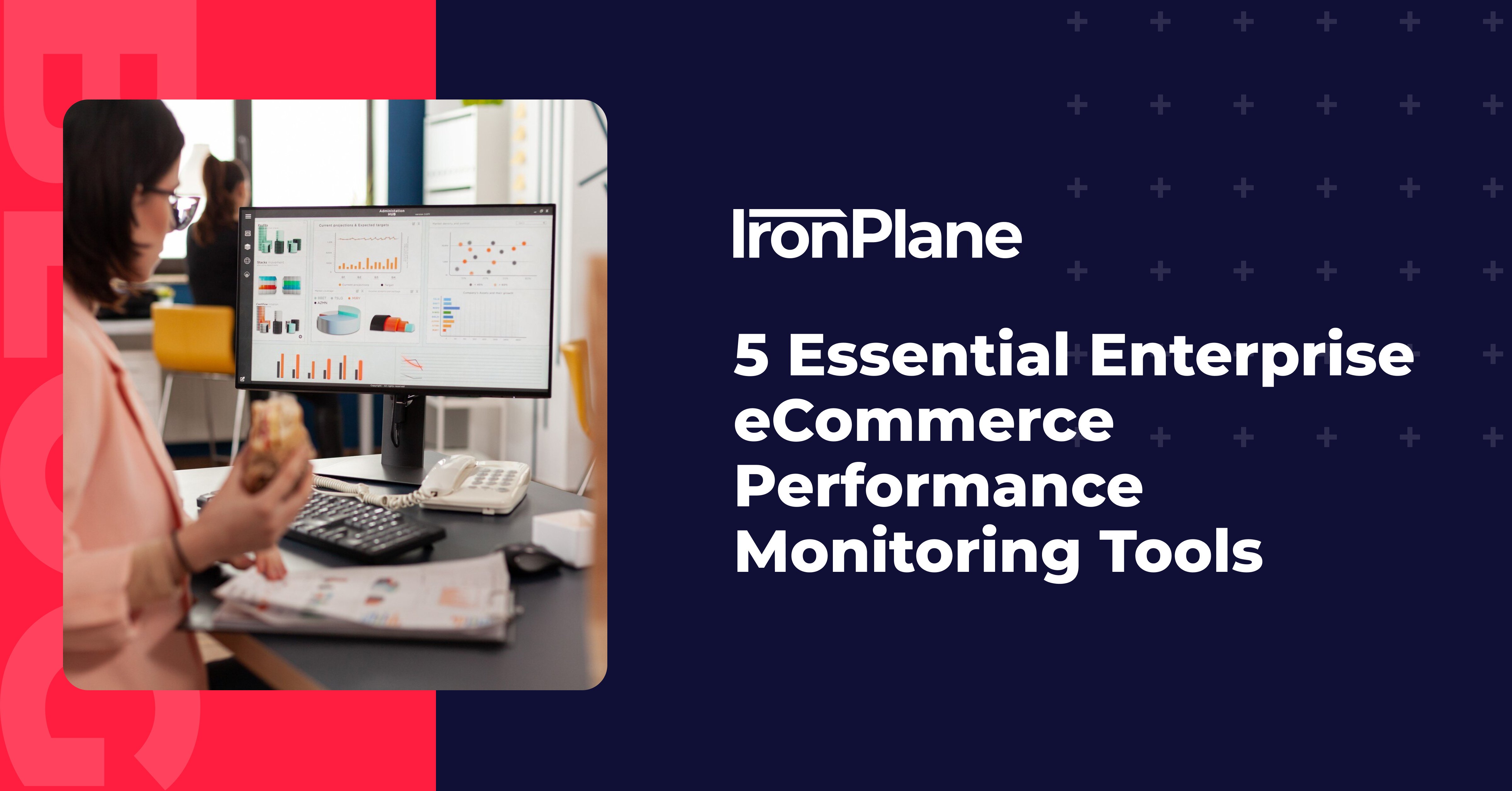Top 4 eCommerce Platforms for Small Business Success
Having a strong online presence is crucial for small businesses today. Choosing the right e-commerce platform can make a big difference in how well your business does online.
4 min read
 Jeff Zoldy
:
October 31, 2024
Jeff Zoldy
:
October 31, 2024

Choosing the right ecommerce platform is important for your online business success. Magento and BigCommerce are two popular options for building and managing an online store. Let's compare the total cost of ownership (TCO) for both platforms to help you make a good choice.
| Aspect | Magento | BigCommerce |
|---|---|---|
| Initial Costs | Higher, especially for custom development | Lower, with out-of-the-box solutions |
| Ongoing Maintenance | Requires regular updates and technical support | Included in monthly fee |
| Hosting | Self-managed, additional cost | Included in subscription |
| Customization | Highly flexible, but can be costly | Limited compared to Magento, but easier to implement |
| Scalability | Excellent, may require additional investment | Built-in, scales with your business |
Magento is a powerful, open-source ecommerce platform known for its flexibility and customization options. It comes in three main editions:
While Magento Open Source is free, there are additional costs to consider when running a Magento store. Magento development services can be complex and require skilled developers, which can increase your overall expenses. The platform's flexibility allows for lots of customization, but this often means more development time and resources.
BigCommerce is a Software-as-a-Service (SaaS) platform that offers an all-in-one solution. Their pricing plans include:
These plans come with hosting, security, and automatic updates, which can make your ecommerce operations simpler. For businesses looking into B2B options, BigCommerce's B2B capabilities offer extra features for business-to-business transactions. The pricing structure lets businesses start small and grow, which can make costs more predictable over time.
Magento and BigCommerce have different cost structures for initial development:
Magento development costs can be high, with custom themes, extensions, and integrations often costing thousands of dollars. This is because of the platform's complex structure and the need for specialized Magento developers. BigCommerce, being easier to use, typically has lower initial setup costs, but may not allow for as much customization. You'll need to choose between higher upfront costs and long-term flexibility.
Maintenance is an important part of the total cost of ownership:
Hosting is another area where the two platforms are quite different:
As your business grows, being able to scale becomes important:
For businesses going through big changes, B2B digital transformation services can help make sure your platform choice fits your long-term goals. This might involve adding advanced features like managing inventory across multiple warehouses or complex B2B pricing systems.
Security is very important in ecommerce:

Both platforms offer lots of options for integrations and extensions:
For businesses needing custom integrations, Magento development services can provide tailored solutions to meet specific needs. This might include connecting with older systems or creating unique features that aren't available out-of-the-box.
When comparing the total cost of ownership between Magento and BigCommerce, consider these key factors:
Magento usually costs more to start and needs more technical know-how but offers more customization. It's good for big companies or businesses with complex needs that want a very tailored solution. BigCommerce, with its all-in-one model, often costs less to start and maintain but may not allow as much customization. This can be great for small to medium-sized businesses or those wanting a simpler ecommerce solution.
In the end, the right choice depends on what your business needs, your technical resources, and your long-term goals. For businesses looking to improve their Magento experience, optimizing Magento with Hyvä can be a good way to make it work better and cost less. Hyvä is a modern Magento theme that can make your site faster and easier for developers to work with, potentially lowering long-term maintenance costs.
Remember, the cheapest option isn't always the best. Think about your business's unique needs and growth plans when making your decision. Things like how many products you sell, how much customization you need, how much traffic you expect, and what technical resources you have should all play a part in your choice. Getting professional advice can be really helpful in figuring out which ecommerce platform is best for your business in the long run.
To sum up, while Magento offers unmatched flexibility and power for large or complex ecommerce operations, BigCommerce provides a more accessible and cost-effective solution for businesses looking for a balance between functionality and ease of use. Your choice should match your business strategy, budget, and technical abilities to ensure long-term success in the competitive world of online retail.

Having a strong online presence is crucial for small businesses today. Choosing the right e-commerce platform can make a big difference in how well your business does online.

E-commerce businesses are always looking for ways to improve their online stores. One new approach that's becoming popular is headless product configuration. This strategy is changing how online stores work by making them more flexible and faster.

Keeping track of your online store's performance is really important for success in today's fast-moving digital world. Let's look at some top tools that can help you stay ahead and make your online business better.